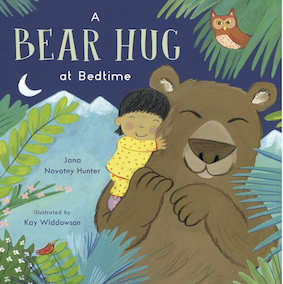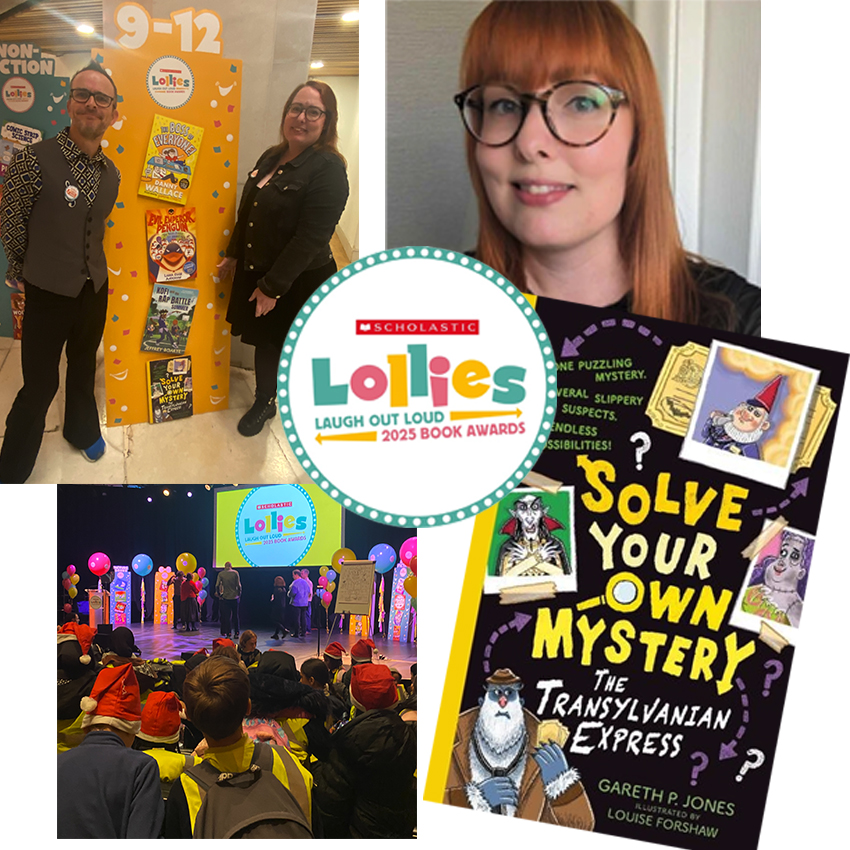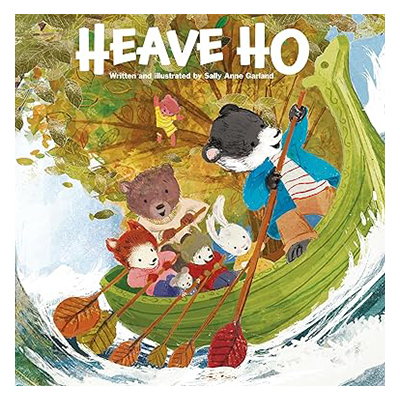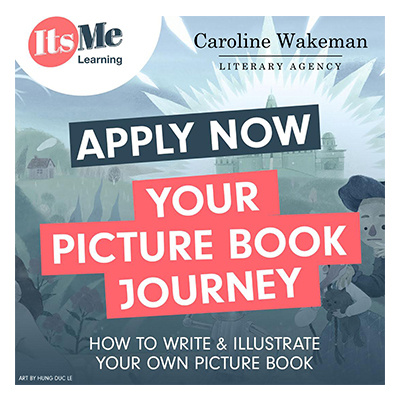Meet Our Newly Signed Author
We’re thrilled to announce that Jana Novotny Hunter has joined us at CWLA. Jana has a huge amount of author experience, with over 50 published books, and the winner of the NASEN Award for her book Read My Lips, a story exploring the communication choices of a Deaf girl. As well as awards from SCBWI, Woman’s Own, Education Resource Award (for Harper Collins Big Cat series) and nominations for many more. Jana was born in Czechoslovakia and grew up in England. A graduate of Hornsey College of Art, she spent many years in the USA, working as a textile designer, teacher, writer and mother. We’re very excited to be working with Jana on her new book ideas. See our interview with Jana below and her tips on how to be a successful author.
- Do any of the books you write come from your own childhood?
Most of them do, along with my experiences as a mother and a teacher. For example, my book “Read My Lips” comes from having two deaf siblings and my detective mysteries come from my American husband working as a Private Eye.
- What are your top tips for writing a successful children’s book?
See through the eyes of a child. Never talk down to them (your readers know more than you think) and don’t let adults solve their problems. Know your market, and read as much as you can both of and about children’s books. Keep to the proposed length and format of your genre. Show rather than tell the action. And don’t forget to be funny, wherever possible.
- Do you think it’s important to be original or is it better to deliver what the readers and market dictate?
This is a tricky question. A fresh outlook on a hackneyed theme is important, and it’s also essential to know what entertains kids today as well as what publishers are looking for.
- How did publishing your first book change your process of writing?
I stopped writing on my kitchen table between bursts of childcare and took my writing more seriously. A proper workspace and attitude helped me to focus.
- What was an early experience where you learned that language had power?
Watching my deaf sister make the connection that the sign for an object was the same as the written and the spoken word.
- What does literary success look like to you?
To me, it’s children talking about my books in the playground. Freedom from financial constraints to enable focus on writing, is another plus, and awards don’t hurt.
- What kind of research do you do, and how long do you spend researching before beginning a book?
It varies, but I always do research, no matter what. It helps get into the theme and it builds a framework within which to work.
- What is the most difficult part of your artistic process?
Beginning it, continuing and finishing with a good ending. All creative work is hard. As Hemingway said, “There’s nothing to write. All you do is sit down at a typewriter and open a vein.”
Do you draw inspiration from the people around you? If yes, how?
I’m continually watching people, their quirks, their body language and their attitudes. I listen to conversations, especially to those overheard.
- What other authors are you friends with, and how do they help you become a better writer?
I have lots of friends who are writers. They inspire me and create a platform for discussion. It can be tricky when you only associate with the top of the tree, like I do, because I tend to minimise my achievements. The much-missed Jan Ormerod, was a constant spur to me, as well as Carol Thompson, Sue Porter, Andrea Bassil and many more. I shared a studio with Sue Porter and it became a meeting place for fellow authors and illustrators.
- What are common traps for aspiring writers?
A common mistake is not taking yourself or your writing seriously. A writer writes, so tell people you are a writer, and assume the mantle. Authors are writers who are published so that’s the next step. When you’ve had a few books published, not staying humble can be a pitfall. However successful you are, it can be over in a minute.













